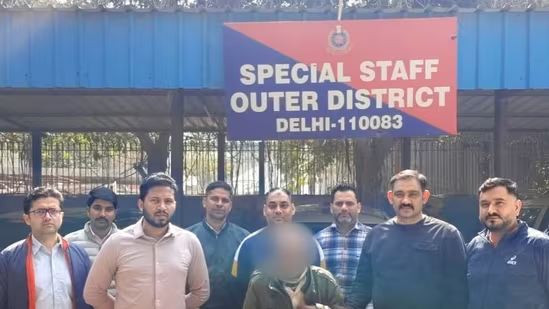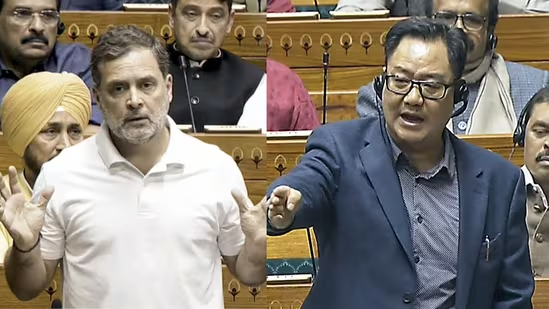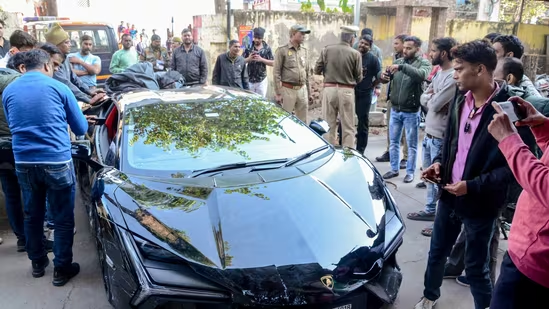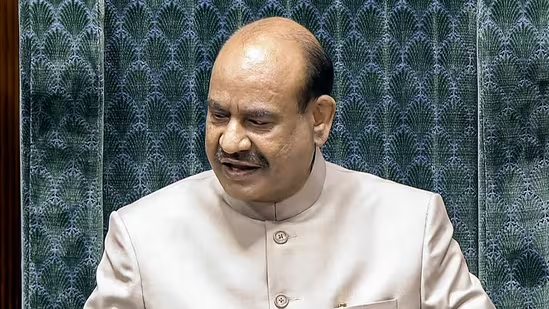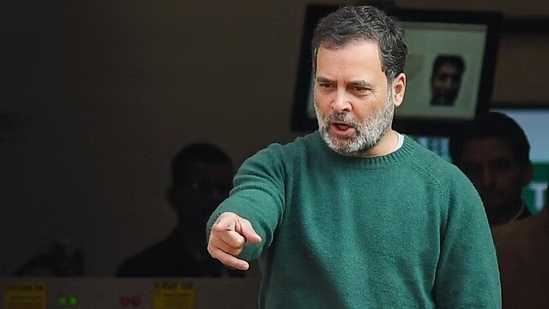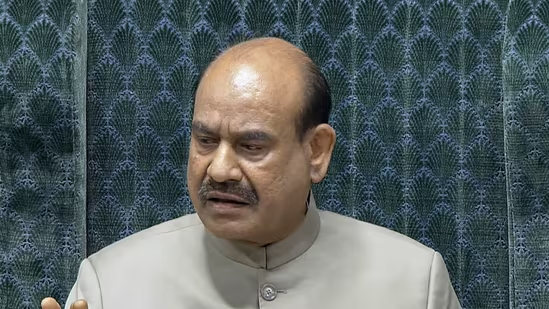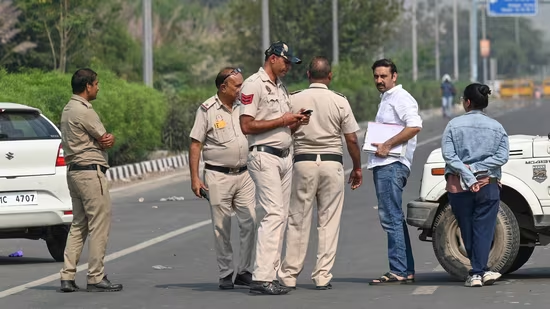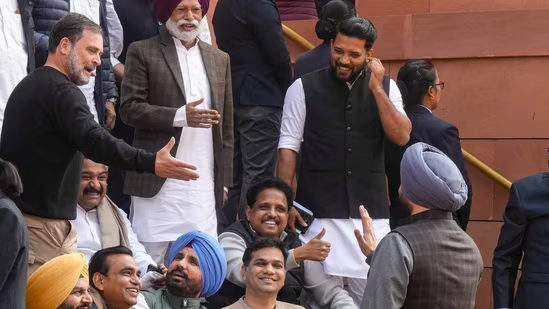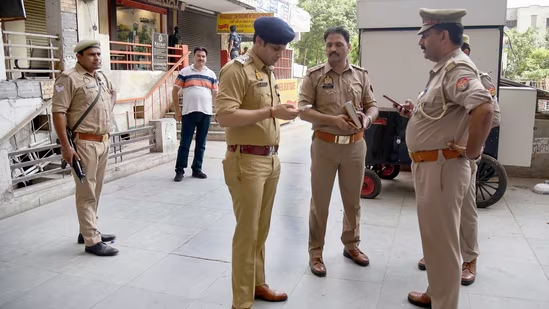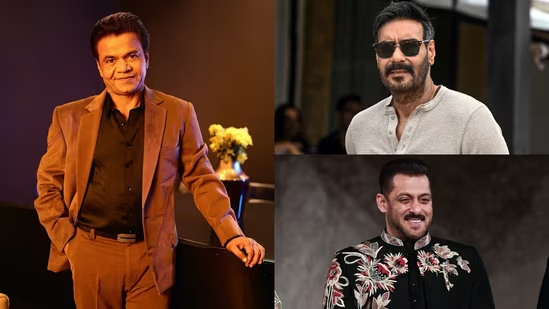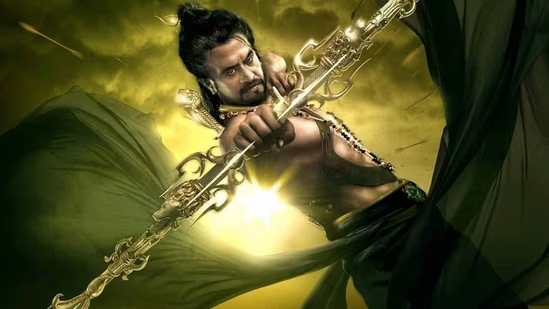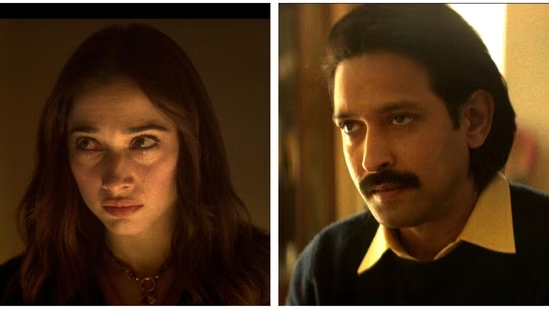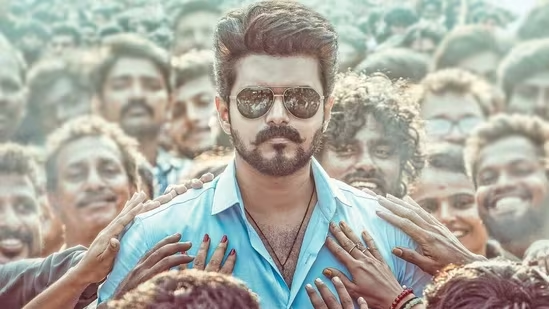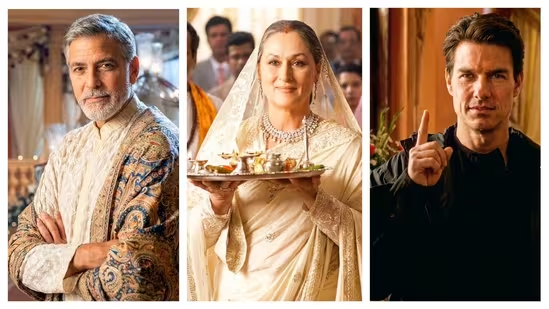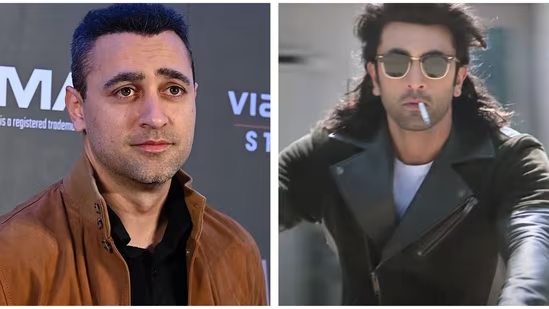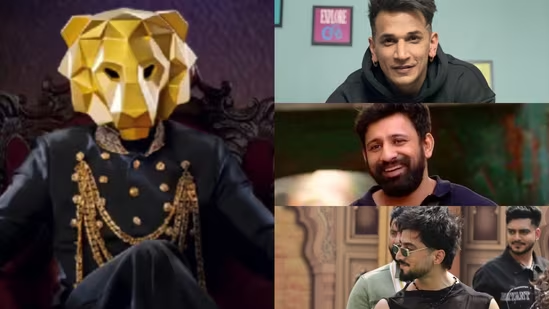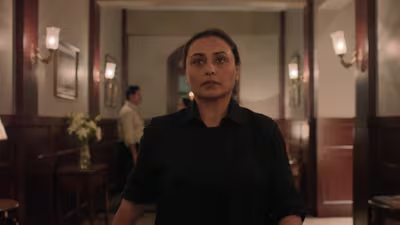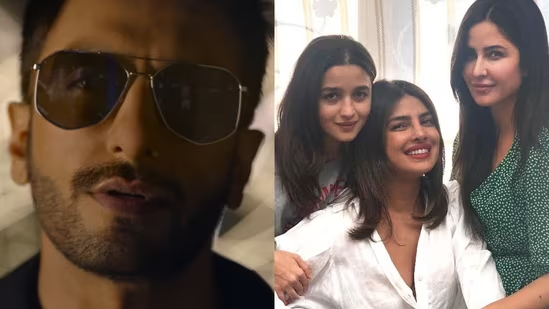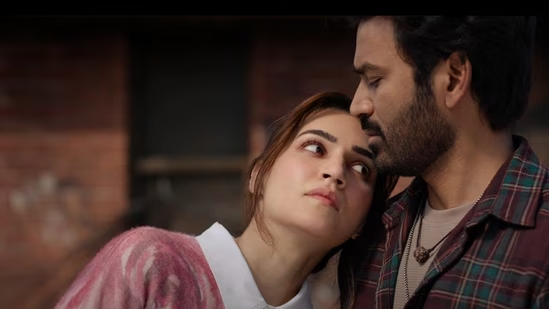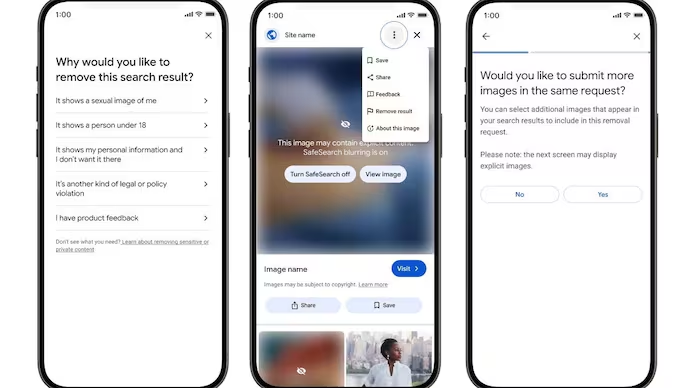Last week, a Bollywood actor turned Member of Parliament, Kangana Ranaut, was allegedly slapped by a Central Industrial Security Force (CISF) officer at Chandigarh airport.
Incident at Chandigarh Airport: A High-Profile Case
This incident sparked a nationwide debate, swiftly grabbing headlines and dividing public opinion. While some expressed outrage over the violence against Ranaut, others argued she deserved it. The immediate suspension of CISF officer Kulwinder Kaur, who now faces termination, suggests a zero-tolerance policy towards violence by uniformed personnel—a stance that is certainly commendable. However, this rapid action starkly contrasts with the government’s handling of numerous other, more severe incidents involving uniformed personnel, where justice has been neither swift nor certain. This discrepancy highlights a troubling double standard in India’s justice system, raising critical questions about fairness and equality before the law.
The Hathras Case: A Stark Contrast
One of the most harrowing examples of this discrepancy is the case of a 19-year-old Dalit woman in Hathras, Uttar Pradesh. In September 2020, she was brutally gang-raped by four upper-caste men. The assault left her with severe injuries, and she succumbed to these injuries two weeks later. Local authorities forcibly cremated her body at night, ignoring her family’s pleas to perform her last rites according to their traditions. As a reporter present at the scene, I witnessed the police’s brazen disregard for the family’s rights. They laughed at my attempts to document the crime, confident in their impunity due to higher orders. The family’s tragedy only gained attention after a video of the forced cremation went viral, prompting intervention from the Allahabad High Court and the Supreme Court. Although several police officers were suspended and the District Magistrate was transferred, key officials faced minimal consequences. Superintendent of Police Vikrant Vir, for instance, was reinstated within five months and now serves as the Deputy Commissioner of Police in Varanasi.
The Manipur Tragedy: Delayed Justice
Similarly, another tragic case unfolded in Manipur in May 2023, where two women were paraded naked and allegedly gang-raped by a mob. The incident only came to light two months later when a video went viral, spurring the Supreme Court to intervene. Despite the horrifying details outlined in the CBI chargesheet, which implicated police complicity, only a few officers faced suspension, and even they have not been thoroughly questioned. The police, having driven the victims towards the mob, abandoned them to their fate. The mob not only gang-raped the women but also killed the father and brother of one of the victims. Despite these grievous crimes, the main accused remain free, and the chief minister continues in office, with claims of normalcy from the prime minister. Meanwhile, over 200 people have been killed and 70,000 displaced, leaving justice for the victims of Manipur’s violence a distant hope.
Injustices in Chhattisgarh: Forgotten Victims
In the Naxal-affected regions of Chhattisgarh, the National Human Rights Commission confirmed in 2017 that security forces had committed gang-rapes and other assaults on tribal women between October 19 and 24, 2015. These atrocities took place in the villages of Pegdapalli, Chinnagelur, Peddagelur, Gundam, and Burgicheru. Despite this confirmation and ongoing investigations, no personnel have faced significant consequences. The women, isolated and far from urban centres, continue to struggle for justice. Attending court hearings is a challenge, often obstructed by the very forces accused of their assault. One victim, gang-raped while two months pregnant, gave birth to a daughter with severe congenital conditions, possibly a result of the brutal assault. These women live with the trauma and the knowledge that their perpetrators remain unpunished.
Double Standards and Discrepancies in Justice
These incidents highlight a troubling double standard in India’s justice system. While a high-profile slap against a celebrity results in the immediate suspension of the officer involved, far more egregious crimes against marginalised individuals frequently go unpunished. This discrepancy raises critical questions about justice and accountability in India.
Personal Anecdotes and the Pursuit of Justice
In Chhattisgarh, I witnessed a poignant moment where a young boy, upon hearing his mother recount her gang rape, vowed to seek vengeance. His mother stopped him, urging him to have faith in the judiciary. Yet, years later, justice remains elusive, and the system offers little help to those in need.
Media Influence and Public Perception
The selective approach of the justice system leads to a massive imbalance in the scale of justice. Media coverage amplifies cases like Ranaut’s, while countless other victims wait in obscurity for justice that never seems to come. Even those who empathise with CISF constable Kulwinder Kaur, understanding her background and struggles, agree that she deserves punishment if an investigation confirms Ranaut’s account.
The Need for Equality in Justice
Ultimately, the justice system must ensure that all uniformed personnel who violate citizens’ rights face appropriate consequences. The contrasting responses to different cases reveal a troubling inconsistency that must be addressed to restore faith in India’s commitment to justice and equality. Only by ensuring that all individuals, regardless of their status or the prominence of their case, receive equal treatment under the law can we hope to create a truly just society.






